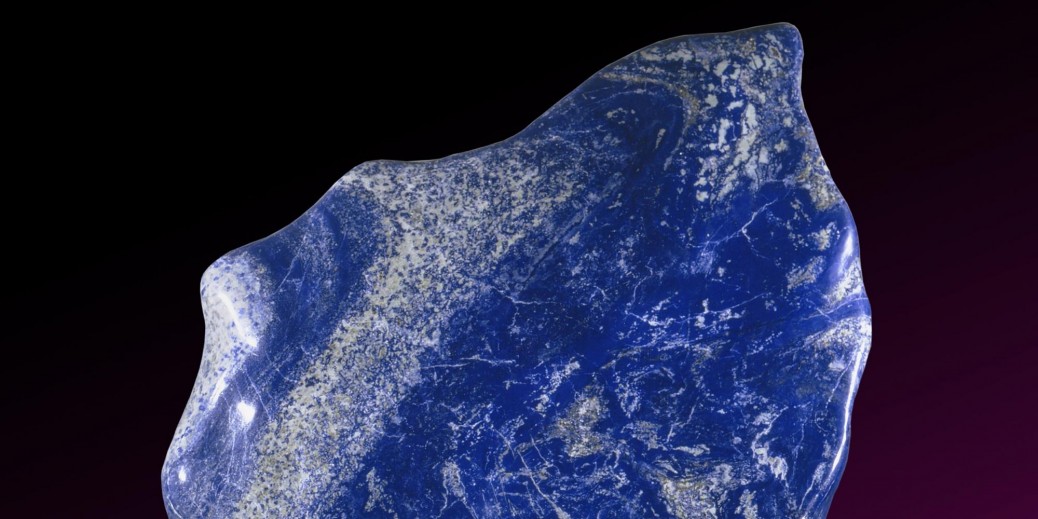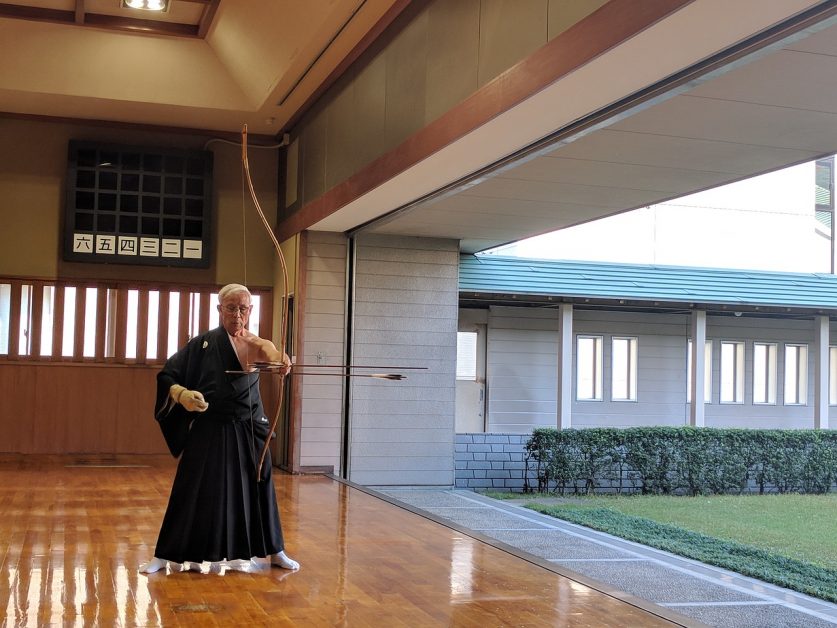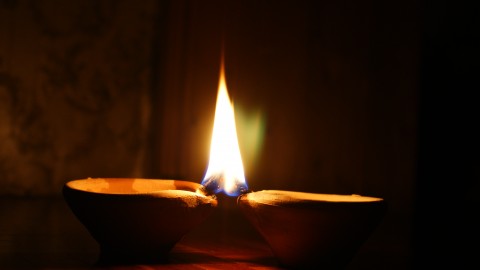The disciples asked the master to speak to them of death: “What will it be like?”
“It will be as if a veil is ripped apart and you will say in wonder, ‘So it was You all along!’”
State Of Eternal Wonder
When the question arises for death, at times only we know what mystery and wonderment is.
Remain in wonder if you want the mysteries to open up for you. Mysteries never open up for those who go on questioning. Questioners sooner or later end up in a library. Questioners sooner or later end up with scriptures, because scriptures are full of answers. And answers are dangerous, they kill your wonder.
In the dictionary, “wonder” means astonishment. But there is a basic difference between wonder and astonishment. If you fail to understand this basic difference, you may embark on a different journey altogether. Astonishment is the foundation of science, a sense of wonder is that of yoga.
Astonishment is extrovert; wonder is introvert. Astonishment is about the other; wonder is about our own self. This is the first point.
Wonder is born out of that which we cannot understand, which makes us speechless, which our intellect cannot grasp, which proves to be bigger than us, before whom we are suddenly dumfounded – which destroys us.
If the same state of wonder – which is born when we are faced with the illogical, the incomprehensible – is diverted towards the external objects, it gives birth to science. When we start thinking about matter, when we start contemplating the world and try to investigate that mystery that surrounds us all, science is created. Science is born out of astonishment. Astonishment means, it has embarked on the outward journey.
There is one more difference between wonder and astonishment: if we are surprised by something, sooner or later we will be fed up with that surprise, because surprise creates tension; hence the effort of destroying that which surprises us. Science is born out of this surprise. Then it destroys the surprise. It tries to find interpretations, doctrines, formulas, keys and it does not rest assured till it destroys the mystery, till it is in possession of knowledge, till science can claim: “Yes, I have understood!”
Science is bent upon eradicating the element of astonishment from the world. If it succeeds in achieving that, there will not be a single thing on earth that man cannot boast of not knowing. It means, this world will be godless, because God means that which we cannot claim to know even if we have known him. We may know him but he remains unknowable. We may go on deepening our knowledge of him, he cannot be exhausted. We are in the state of eternal wonder about him.
Learning from story In Wonder: State Of Eternal Wonder
Experience Learning
There are some objects which have become known to us. We can call them the known. There are some other objects which we do not know but we will know them. Let us call them, the unknown.
And existence also consists of such objects which we have never known and about which we will never be able to know. We will call them the unknowable. God is unknowable. This is the third element. Science does not accept God because it says that nothing is unknowable in the world. We may have not known it up to now, maybe we did not try hard enough, but sooner or later we will know. Some day we will know the world completely; nothing will remain unknown in it.
Science is born out of astonishment and then it begins to destroy the astonishment. Therefore, I call science patricidal: it tries to kill that which created it. Religion is just the opposite. Religion is also born out of a certain astonishment; calls it, “sense of wonder.” The only difference is: when a religious seeker is filled with wonder, he does not set out on the outer journey, he goes on an inner pilgrimage. Whenever some kind of mystery envelops him, he starts thinking about himself: I must know who I am.
If the mystery becomes introspective, and the search and the journey is directed inwards, the arrow of the seeking points towards the self, the attention is totally absorbed by the thirst to know our own reality – then it is wonder.
And the second point to be understood is that the sense of wonder is inexhaustible. The more we know, the more it increases. That’s why wonder is contradictory. As a rule, the sense of wonder should disappear the moment we come to know something. But Buddha or Krishna or Shiva or Christ do not lose their sense of wonder. When they attain the ultimate consciousness, their sense of wonder becomes ultimate! At that time they do not say that they have known everything, they say that after knowing everything everything remains to be known.
The Upanishads have said, “Even if you extract the whole from the whole, the whole remains.” Even if you know the whole, the whole remains to be known. Therefore spiritual knowledge does not nourish the ego, scientific knowledge nourishes the ego. Spiritual knowledge will never make you a knower; you will always remain humble. And the more you know, the more you will feel, “I do not know anything.” At the highest peak of knowledge you will be able to say, “I know nothing.” At the moment of ultimate knowledge the whole existence fills you with a sense of wonder.
Tags: Astonishment Boredom Mysteriousness Sense Of Wonder State Of Eternal Wonder Wonder Means










